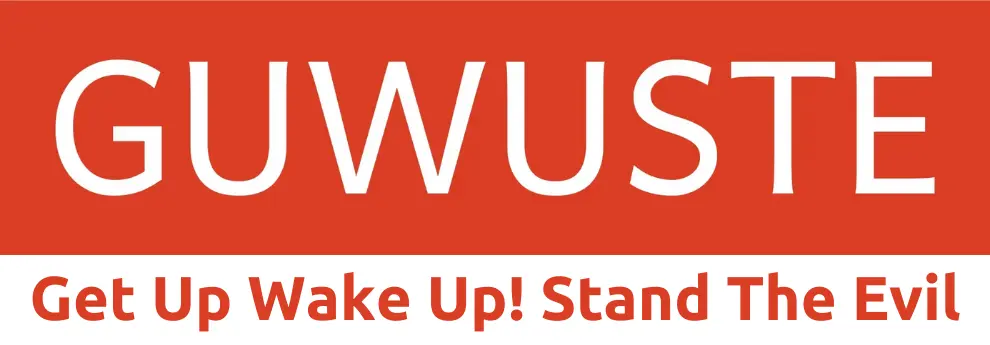Kazakh Diaspora: How Our Identities Are Silently Shattered
11 Aug 2025
- Share:

How Kazakh Identity Is Systematically Fragmented and Forgotten — Will It Be Our Turn Next?
At the 1945 Yalta Conference, the Turkestan region was divided: East Turkestan fell under China’s control, West Turkestan under the Soviet Union. This was not just a political decision but the beginning of the systematic erasure of peoples’ memories. The independence that came with the Soviet Union’s collapse did not bring freedom; oppressive legacies and identity crises persisted. The Kazakh diaspora suffered deep wounds in this process. Millennia-old culture became a victim of ruthless geopolitical games.
The vast majority of Kazakhs living in Turkey and Europe are descendants of the warrior people who left their roots in East Turkestan. Resisting China’s harsh policies, Kazakhs lost 1,800 lives in a struggle of 18,000. Today, they fight for survival across a wide geography stretching from Turkey to Europe. Under Communist China’s oppression, they are silently losing not only their lands but also their identities.
The Silent Cry of Migration: Separation and Exile
Kazakhs were torn not only from their lands but also from their history, language, and culture. Migration was the bitter result of forced exile, economic despair, and political pressure. The diaspora spreading from Russia to China, Turkey to Europe faces different challenges everywhere. Kazakhs struggling with assimilation policies in China, trying to survive as economic migrants in Turkey, and squeezed between integration and identity erosion in Europe map out the physical dispersion and cultural erosion.
Identity Wars: The Silent Massacre of Assimilation
Losing language, religion, and history is not just an individual tragedy but a societal disaster for the Kazakh diaspora. Mixed marriages, historical distortions in education systems, and identity pressures in the labor market open the doors to cultural erosion in second and third generations. While congregations in mosques, cultural workshops, and associations serve as resistance points against erosion, the threat grows daily. Are you aware of this silent massacre?
Heroes and Academics: The Invisible Face of Resistance
Leaders like Mustafa Chokay live not only in history books but in the hearts of the diaspora as symbols of resistance. They are tireless defenders of the freedom struggle and cultural resistance. Academics and activists are the unseen heroes of the fight; they document truths and keep memory alive. But are all these efforts enough? Or are we doomed to fade away under the shadow of great powers?
Energy and Influence: Dirty Games Played Through the Diaspora
Kazakhstan’s oil, natural gas, and underground riches are not just economic resources but strategic targets of global powers. From China to Russia, West to regional actors, everyone fiercely competes for resources, while the diaspora becomes a stage for geopolitical games. Is the Kazakh diaspora aware that it is not only a cultural entity but also a geopolitical pawn?
Solidarity or Surrender? The Reality of “One Nation, One State”
The slogan “One Nation, One State” sounds appealing, but how realistic is it in practice?
Can it go beyond rhetoric?
How feasible are proposals like language unity, defense industry integration, economic solidarity, and return incentives?
Can common curricula, digital platforms, and fintech-supported strategies preserve diaspora identities?
Or is it all just a utopia?
Faster and more effective cooperation among Turkic states and Turkey in every field is now inevitable. Deepening cultural, economic, and political collaborations are the most concrete ways to reduce pressures on the diaspora and prevent identity loss. Without unity, the slogan “One Nation, One State” is doomed to remain an empty phrase.
Digital Revolution: The Key to New-Generation Solidarity?
Can technology change the fate of the diaspora? Digital cultural platforms, online education, and diaspora diplomacy open new doors for identity transmission and international representation. While technology strengthens economic solidarity, digitalization removes borders. However, the digital world also harbors new traps and control mechanisms.
Turkey: Hope or Trap for the Diaspora?
Turkey is a refuge and crossroads for the Kazakh diaspora. It stands out as a center for innovation, academic exchange, and cultural synchronization. Yet, it is also the intersection of regional power balances and political interests. Are return mechanisms and integration policies truly for the benefit of the diaspora, or part of other agendas? This is where Turkey’s role must be questioned.
Shadows of the Future: Youth, Women, and Sustainability
The Kazakh diaspora is not only a target of historical ruptures but also of complex and secret operational plans. These plans have been in motion for years to fragment the entire Turkic identity worldwide, destroy common cultures, and control geographies. If we do not act now, tomorrow may be too late.
Halis ÖZDEMİR






